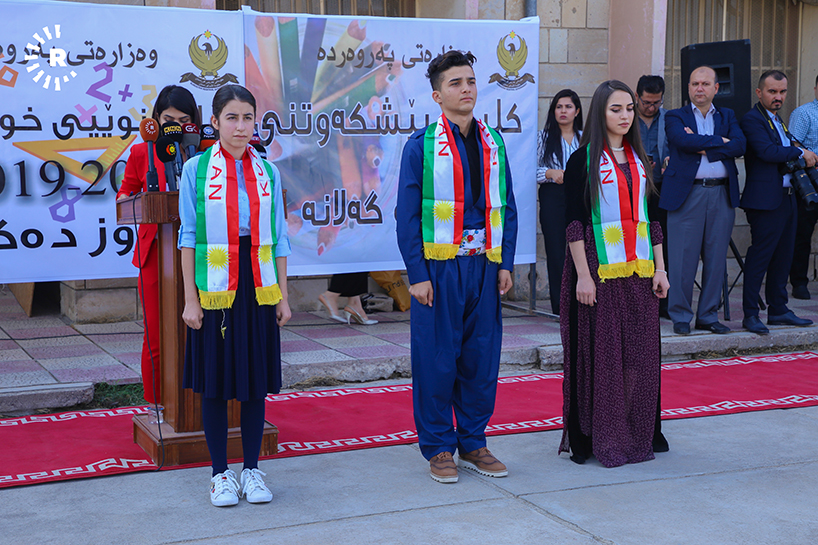One week ago, the Kurds in the Kurdistan Region of Iraq and beyond marked the first anniversary of the Kurdistan Independence Referendum from Iraq. Readers will recall well that on September 25, 2017 the Kurds around the world (both home and abroad) exercised their democratic right of self-determination for the first time, and casted their vote in favour of secession overwhelmingly.
The aftermath of the plebiscite was unexpected and equally upsetting for many. The feeling of euphoria soon give way for disappointment. The central government of Iraq reasserted its territorial authority on Kurdish-held ‘disputed territories’ where the Kurdish Peshmerga have been defending since June 2014, following the Islamic State’s (IS) onslaught and Iraqi Army’s complete desertion. The Kurds and their Peshmerga had been applauded for the sacrifice they have given in the war against IS, and for their hospitality in accommodating millions of internally displaced people from other parts of Iraq. Yet, as it seemed none of these were sufficient enough for the Iraqi government, as well as the anti-IS coalition stop Baghdad from taking punitive measures. The Kurds were once again faced with a choice to fight back or to withdraw. The subsequent international flight ban on the region’s airports by Baghdad and the neighbouring states coordinated embargoes made the already grim situation even more dire, causing further economic hardship.
Once again, despite all the odds, the Kurds endured. Showing unity and resilience in the face of the aggravated hardship helped the Kurds to navigate the worst aspects of the crises, break the diplomatic blockade and ease the economic hardship. Against this backdrop, one thing has become clear. Regardless of how dire the hardship could be, it is only through the idea of unity and resilience together, as they have shown in the aftermath of the referendum, the Kurds can overcome difficulties and impediments stopping them from thriving and achieving their long-term objectives and aspirations.
The Kurds are now in the post-referendum phase, the one of pragmatism and institutionalisation where the role of the new generation is key and paramount. The region’s most precious resources, it is youthful population, must all work together for a bright future for Kurdistan, a future where unity and resilience are the key ingredients of success.

